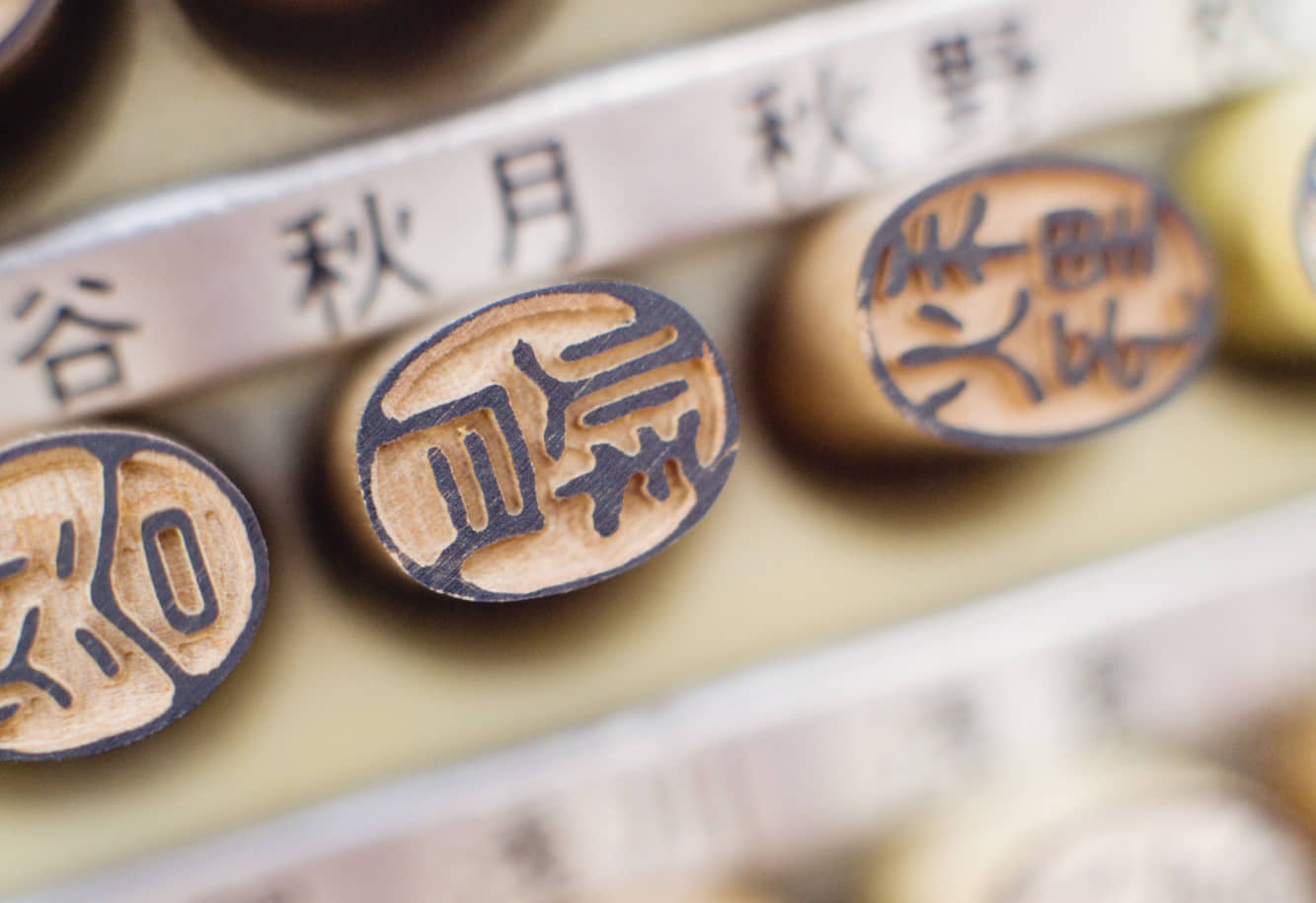Last month, MUFG Bank Ltd. started offering ¥1,000 to each of its first 100,000 customers willing to give up their paper passbooks. MUFG wants people to switch to online banking, which is cheaper for banks — and not just because they can save on production costs. Banks pay billions of yen a year in stamp taxes, which are levied on certain official printed documents. The government will lose revenue on MUFG's plan, but it knows that Japan's banking industry has been in serious financial trouble for years.
The move also supports the government's desire to promote greater digitalization, which is a problem for the makers and merchants of carved personal stamps (inkan) and seals (hanko). Hanko have been traditionally used to finalize printed documents the way signatures are used in other countries. Like handwriting, hanko is an analog technology. The private sector has been phasing out hanko for years, so if the government digitalizes bureaucratic transactions, the hanko industry becomes redundant.
Naturally, they're trying to convince the authorities to hold on to what has been recognized for years as an archaic and often inconvenient custom. One problem with hanko as a legal fixture is its unreliability. A signature, like a fingerprint, is a physical manifestation of a personal attribute, while seals are symbols designed to be unique but, given how many surnames are shared in Japan, really aren't. You can buy plastic ones for a few hundred yen and, in some cases, they can be registered and official, so theoretically people with the same name can be using the exact same seal.

















With your current subscription plan you can comment on stories. However, before writing your first comment, please create a display name in the Profile section of your subscriber account page.